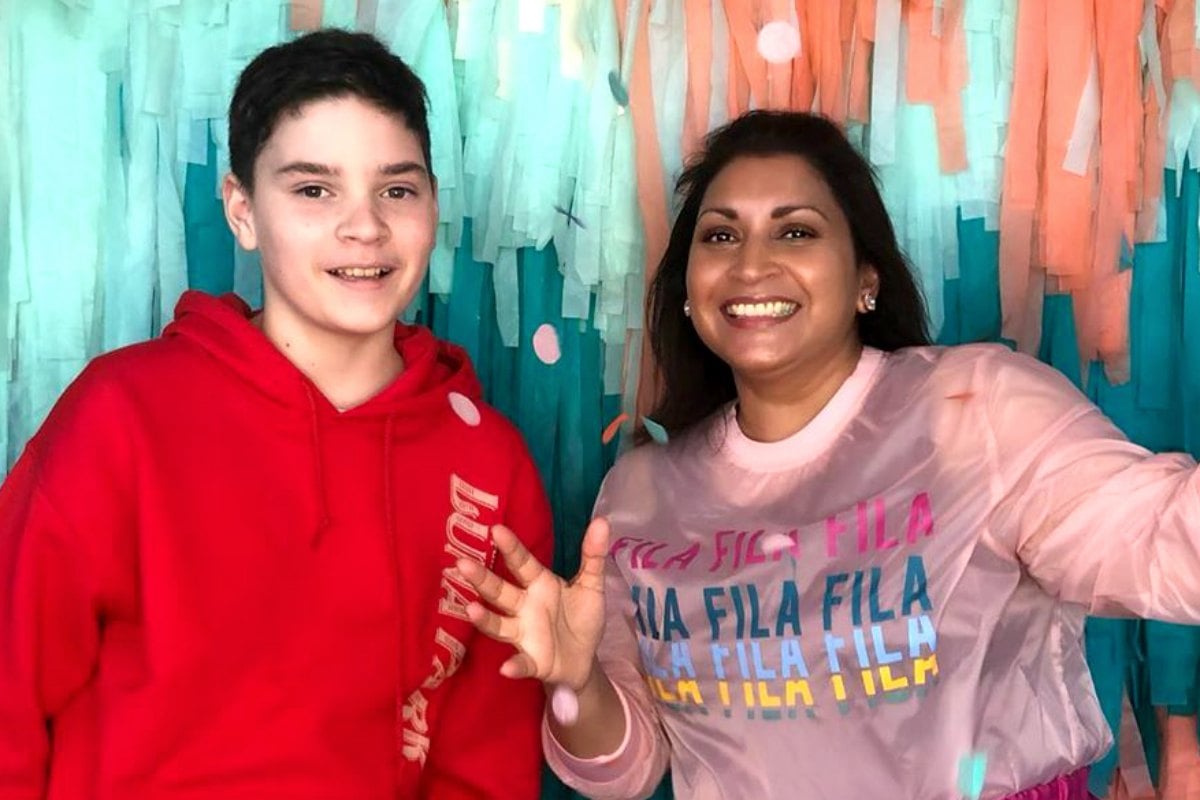
“Thank you for sending your son to school,” a principal told me years ago, when I saw him about an issue my son was experiencing.
“Many parents don’t send their kids to school when things are too hard.”
This was from a highly-experienced educator, whose judgement I trusted completely, from much experience in dealing with him.
A guide on how to talk to adults, and kids with anxiety. Post continued below.
I know what he meant – school avoidance is a real issue for many families. I know lots of parents who’ve let their kids have a few days away from class because they were struggling with peers or their workload.
This principal was a man who really believed in ‘grit’ – hard work, and not giving up. Determination. Facing fears. What he said to me was totally appropriate in that situation,
and I really respect those life lessons.
But another life lesson that’s equally important is knowing how to take care of your emotional needs. Which is why I’ve always let my son have mental health days.


Top Comments
(Posted by Anita Link) I let both of my children (9 and 13) have a mental health day if they need it. We have also talked at length about the difference between needing a day to recoup some mental energy and avoiding going to school because you are feeling anxious about a test or a peer issue. Having a day off to avoid something they don't want to do, will worsen the anxiety, doesn't build resilience, and I don't agree to it. If they get a day off because they are mentally and emotionally drained then I also make it a screen free day.
... and make them watch 4 hours of daytime TV while sick - they'll never fake it again.
Though that may go against the grain of recovering from mental health.
'Mental health day' was the term used to justify chucking a sickie.